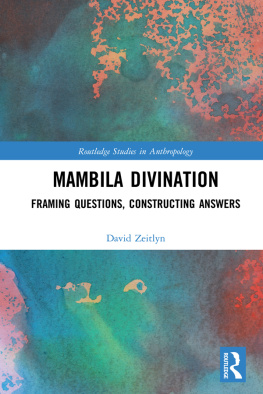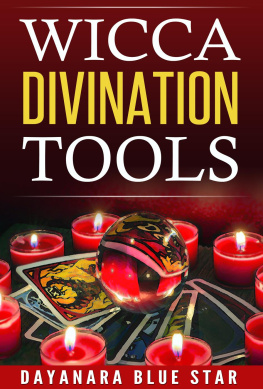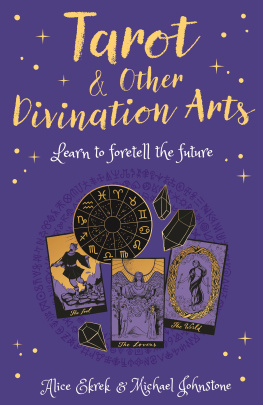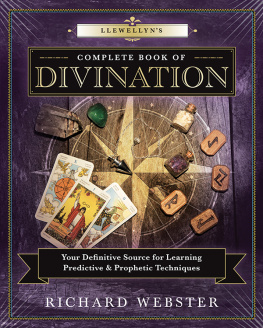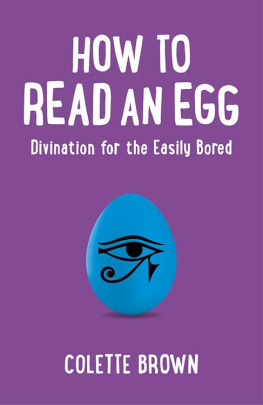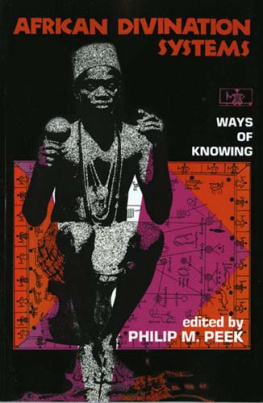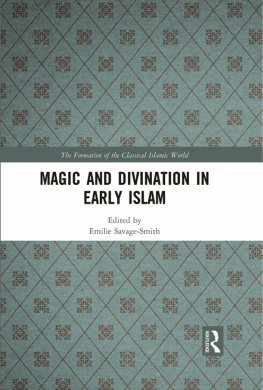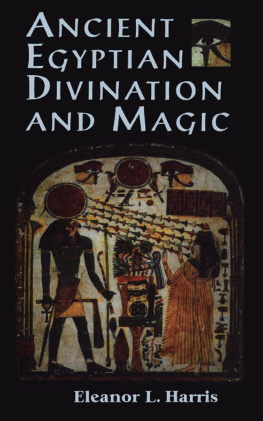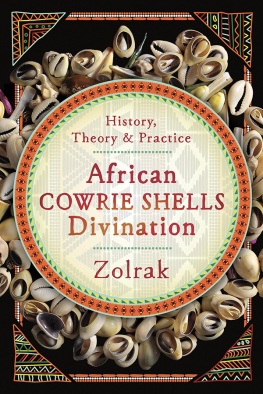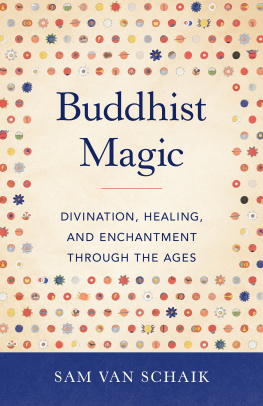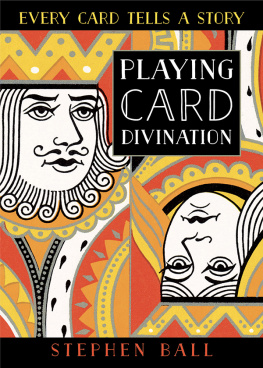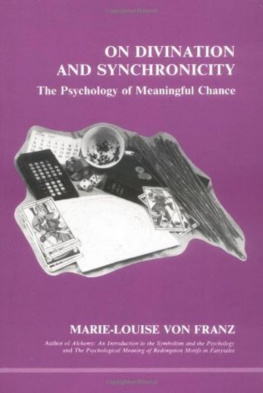Mambila Divination
This book offers a major contribution to the study and analysis of divination, based on continuing fieldwork with the Mambila in Cameroon. It seeks to return attention to the details of divinatory practice, using the questions asked and life histories to help understand the perspective of the clients rather than that of the diviners.
Drawing on a corpus of more than 600 cases, David Zeitlyn reconsiders theories of divination and compares Mambila spider divination with similar systems in the area. A detailed case study is examined and analysed using conversational analytic principles. The regional comparison considers different kinds of explanation for different features of social organization, leading to a discussion of the continuing utility of moderated functionalism.
The book will be of interest to area specialists and scholars concerned with religion, rationality, and decision-making from disciplines including anthropology, African studies, and philosophy.
David Zeitlyn is Professor of Social Anthropology at the University of Oxford, UK.
Routledge Studies in Anthropology
Cultural Models of Nature
Primary Food Producers and Climate Change
Edited by Giovanni Bennardo
Guatemalan Vigilantism and the Global (Re)Production of Collective Violence
A Tale of Two Lynchings
Gavin Weston
Human Extinction and the Pandemic Imaginary
Christos Lynteris
The Biometric Border World
Technologies, Bodies and Identities on the Move
Karen Fog Olwig, Kristina Grnenberg, Perle Mhl and Anja Simonsen
Amerindian Socio-Cosmologies between the Andes, Amazonia and Mesoamerica
Toward an Anthropological Understanding of the Isthmo-Colombian Area
Edited by Ernst Halbmayer
Surfaces
Transformations of Body, Materials and Earth
Edited by Mike Anusas and Cristin Simonetti
Suckling
Kinship More Fluid
Fadwa El Guindi
Mambila Divination
Framing Questions, Constructing Answers
David Zeitlyn
For more information about this series, please visit: www.routledge.com/Routledge-Studies-in-Anthropology/book-series/SE0724
First published 2020
by Routledge
2 Park Square, Milton Park, Abingdon, Oxon OX14 4RN
and by Routledge
52 Vanderbilt Avenue, New York, NY 10017
Routledge is an imprint of the Taylor & Francis Group, an informa business
2020 David Zeitlyn
The right of David Zeitlyn to be identified as author of this work has been asserted by him in accordance with sections 77 and 78 of the Copyright, Designs and Patents Act 1988.
All rights reserved. No part of this book may be reprinted or reproduced or utilised in any form or by any electronic, mechanical, or other means, now known or hereafter invented, including photocopying and recording, or in any information storage or retrieval system, without permission in writing from the publishers.
Trademark notice: Product or corporate names may be trademarks or registered trademarks, and are used only for identification and explanation without intent to infringe.
British Library Cataloguing-in-Publication Data
A catalogue record for this book is available from the British Library
Library of Congress Cataloging-in-Publication Data
A catalog record for this book has been requested
ISBN: 978-0-367-19950-0 (hbk)
ISBN: 978-0-367-19951-7 (ebk)
Typeset in Times New Roman
by Apex CoVantage, LLC
Dedicated to my mother and to the memory of three fathers:
Alice Zeitlyn
Bernard Zeitlyn 19221979
Tam Umaru c 19101986
Montague Rayne 19241997
Contents
DAVID PARKIN
PART ONE
Studying
PART TWO
Doing
PART THREE
Using
Guide
David Parkin
David Zeitlyn has studied different types of West African divination for some 35 years since 1985. He has already published extensively on the subject, and we are now presented with the fullest account to date of his research findings. Ethnographically, his main concern has been with the Mambila people straddling the Nigerian-Cameroon border. In the present volume, he brings them to the fore of his discussion, against a comparative background of other types of African divination, including the Banen and Bamilk peoples within his field region who, like the Mambila, use spiders in divination. There are a number of types of Mambila divination, of which spider divination is the most important and arguably the most unusual and fascinating.
However, what stands out is the extraordinary variety of divination forms even within the ethnographic area comprising the Mambila, Banen, and Bamilk, in addition to the many other forms existing elsewhere in Africa and beyond. The complexity of this extreme diversity is not always appreciated by observers, which makes Zeitlyns meticulous demonstration of varieties all the more remarkable. Even among just the Mambila, we have in addition to spider divination and vine divination six versions ranging from so-called mat, snail, stick bundle, calabash water, and cowrie to horn divination. People try one form after another in seeking satisfactory solutions or answers to questions regarding misfortunes or life prospects.
Zeitlyn rejects the social determination of divination procedure, which is part of his insistence on focusing on individual client agency. A qualifying criterion here is the extent to which divination results are accepted by courts. This is so among Mambila, which therefore reinforces its political and wider social importance and the effects of divination among them as well as sustaining the expectation that divination must follow its own rules in order to appear to be consistent and reliable. This is unlike the Banen and Bamilk, among whom spider divination is not politically or judicially important, thus freeing its practitioners from having to be closely seen by authority to abide by rules. Nevertheless, as noted in what follows, among Mambila and more generally, rules do constrain and direct interpretation to some extent, even if only at the domestic level. In this comparison is drawn the distinction between the (relative) intellectual autonomy of practitioners and that of divination as a system: the two may be mutually constraining, but one does not determine the other. The distinction becomes relevant to theoretical discussion of intentionality as addressed in what follows.
In addition to intensive fieldwork carried out over the years, Zeitlyns comprehensive understanding also arises from his own training in divination, which among Mambila is only open to men. In undertaking training, Zeitlyn joins a number of social anthropologists who adopt this method of investigation to variable extents. Through contacts and comparisons, it provides the opportunity to discover regional and historical links between the divination forms as well as changing fashions and preferences among diviners and clients. It is also a way of experiencing the process of initiation into divination expertise.
What comes across strongly is the seemingly endless creativity needed for successful interpretation on the part of diviners. Zeitlyn often presents in diagrammatic form the configurations which make up the rules of interpretation, e.g. the positions of the objects used such as sticks and stones or the placing of leaf-cards and how, for instance in the case of spider divination, the objects are disturbed by the spider emerging from its hole and so produce a pattern to be interpreted. An inevitable challenge to a diviner is how to deal with the occasional and apparent contradiction in the pattern to be interpreted, given the need to observe the rules of the configuration. Here the language of divination becomes important, for through it, the client and diviner can negotiate, so to speak, an interpretation that is mutually satisfactory and for which the analytical tools of conversational analysis are often crucial.

